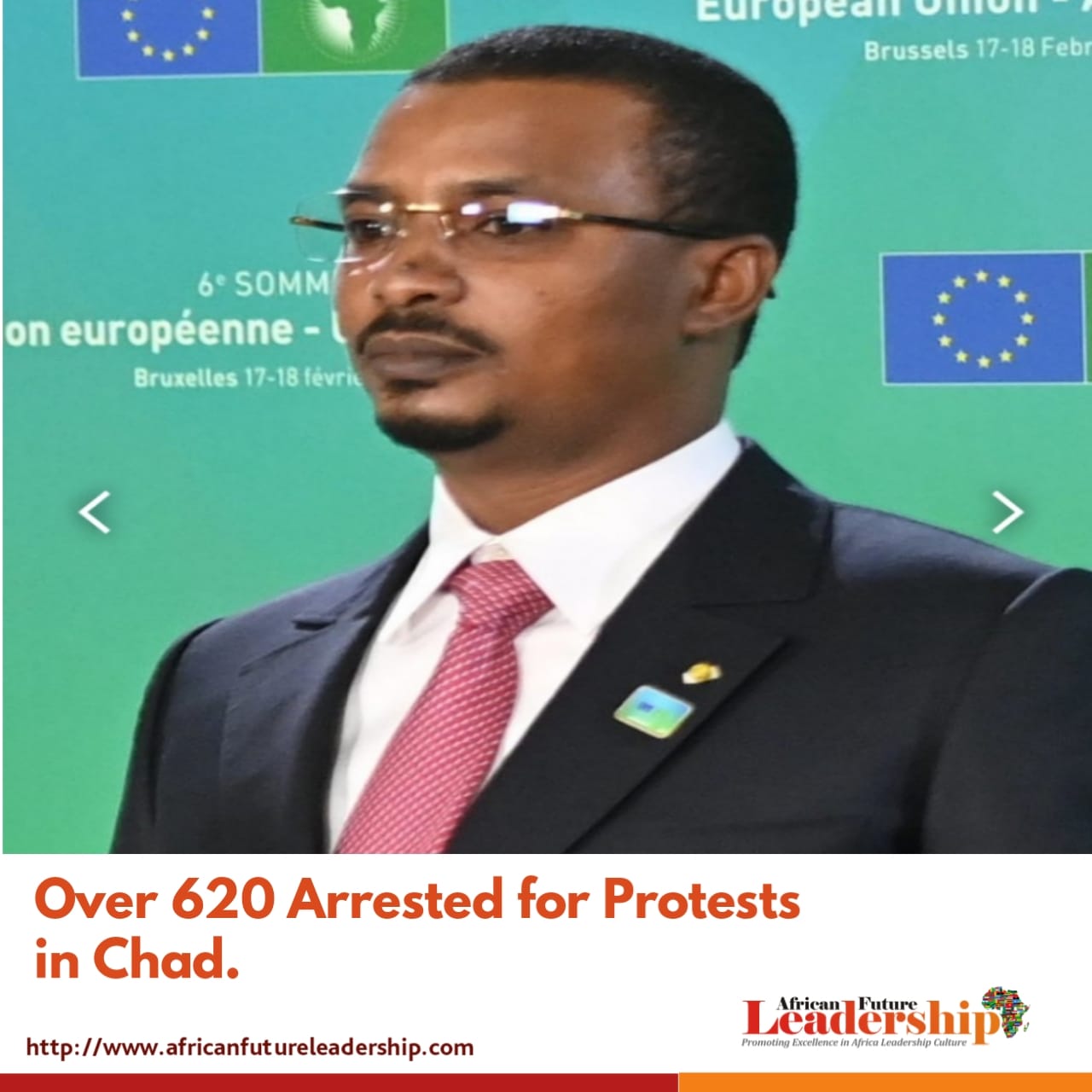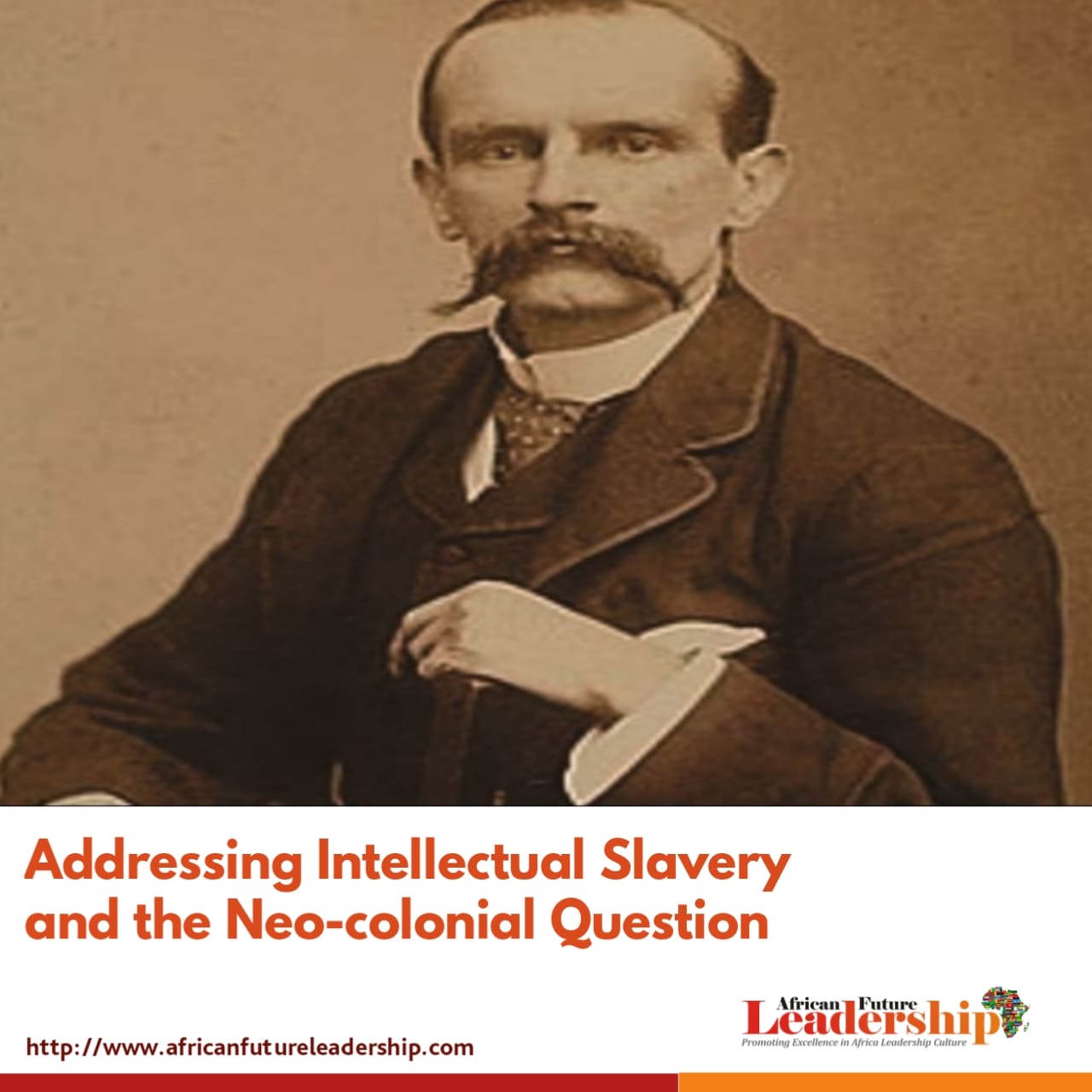Press reports have it that more than 620 people, including dozens of minors, have been arrested in Chad.
The public prosecutor confirmed this Friday, after anti-regime protests that left at least 50 dead.
According to the reports, the arrest figure is far higher than previously stated officially but had been suggested by local and international rights groups after the mass demonstrations.
Meanwhile, N’Djamena prosecutor Moussa Wade Djibrine, told reporters that, “621 people had been arrested and sent” to Koro Toro high security prison in the desert some 600 kilometres (360 miles) from the capital.
According to him, those detained were behind “serious acts and targeted attacks on the Republic’s institutions”.
He added that, around 401 people have appeared in court and the other 220 before an instructing magistrate.
READ MORE: African Team’s Fate Uncertain as Meta Lays-off 11,000 Staff
Moreover, a total of 83 of those held appeared before children’s judges.
But Wade Djibrine gave no further details and refused to answer questions.
Last week, however, Prime Minister Saleh Kebzabo told the press that the government had accepted the principle of an international inquiry “as soon as possible” to shed light on the bloodshed on October 20.
In furtherance to this, the authorities say the official death toll included a dozen members of the security forces and accused the opposition of mounting an “insurrection”.
But according to rights groups, dozens more people were killed during and since the protests across several cities.
It was amplified that, opposition groups called the demonstrations to mark the date when the ruling military had initially promised to hand over power — a timeline now extended for another two years by General Mahamat Idriss Deby Itno.
It is on record that the 38-year-old took power after his father, president Idriss Deby Itno, who ruled for 30 years, died during an operation against rebels in April 2021.
And since the protests, which also resulted in 300 wounded, the government has suspended all party political activity.
The government also imposed a night curfew “until the total restoration of order” in the capital, N’Djamena, and the towns of Moundou, Doba and Koumra.




